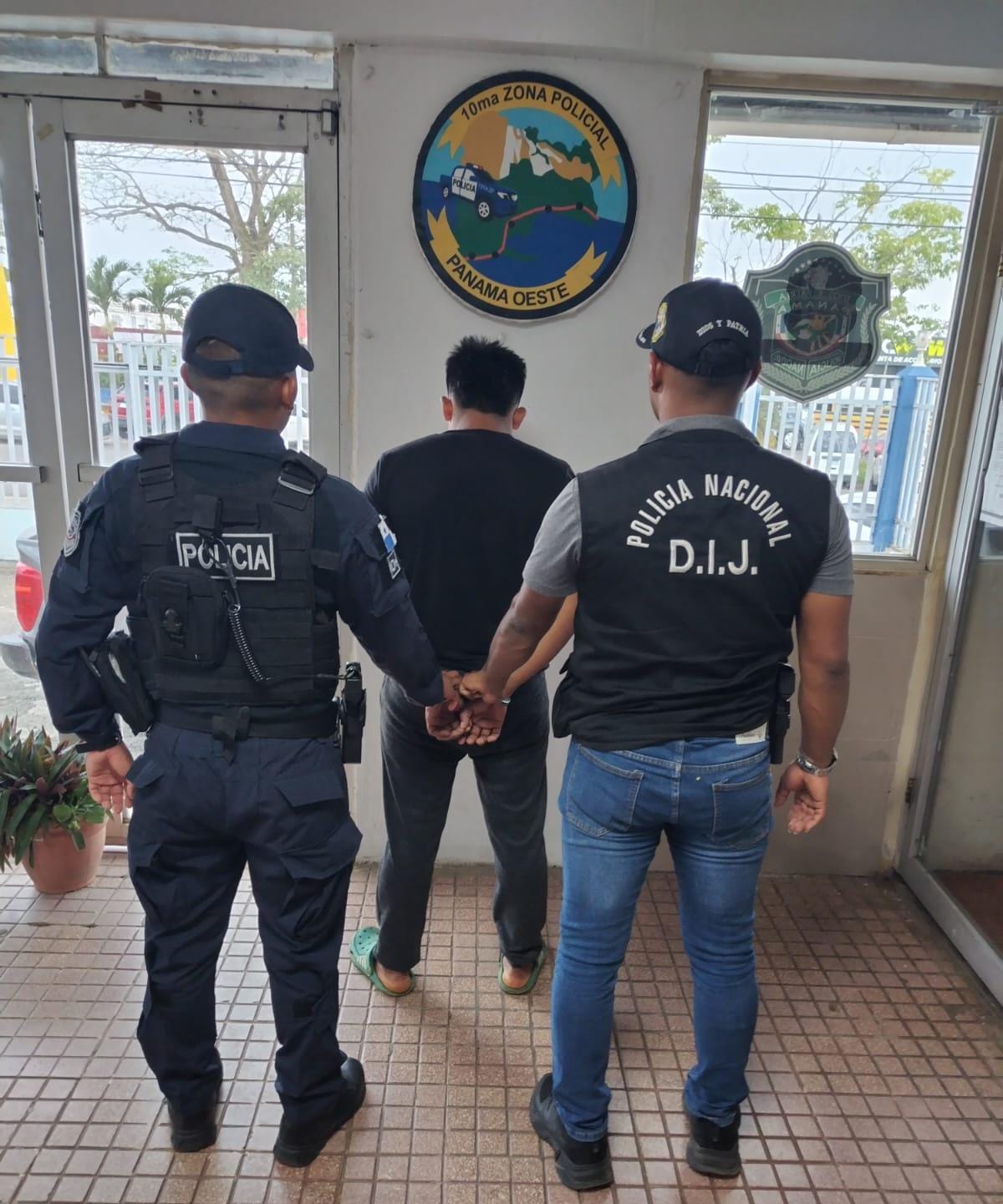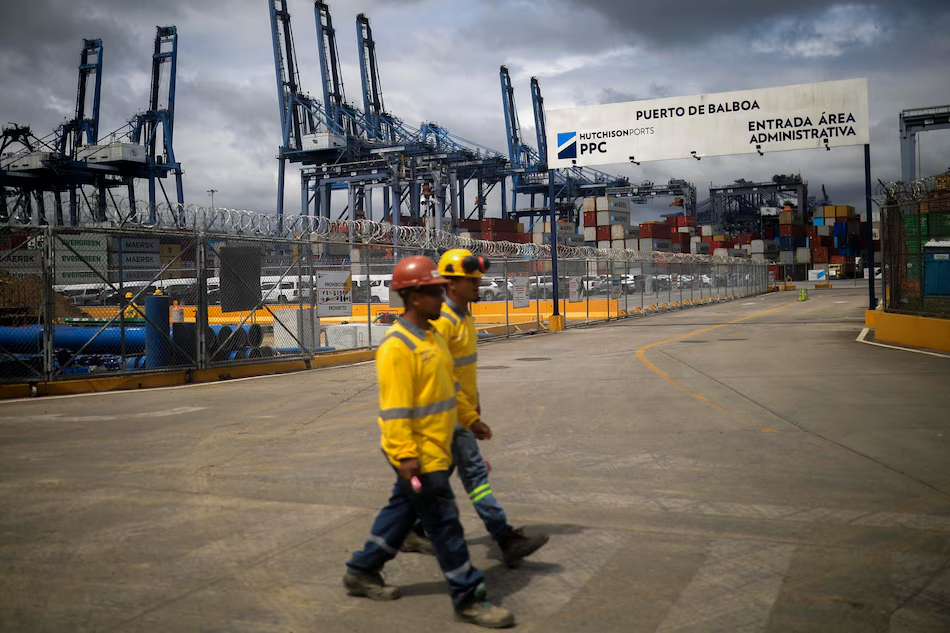Canada carries recycling message to Panama

By David Young
THE RECENT implementation of the Panama-Canada FTA (Free Trade Agreement)is bringing more than increased trading benefits to Panama.
A Panama-Canada Environmental Cooperation was signed by the two countries in May 2010, and came into force in April this year.

Canada is well respected for its focus on the 3R+R formula ("Refuse, Reduce, Reuse and Recycle,) which is exemplified by different colored boxes carrying, plastics, paper and bottles sitting in front of homes on trash collecting days, or cities like Toronto banning the use of plastic trash bags.
There are even programs in place to convert food waste into compost for gardens and cafeterias and fast food outlets have containers to collect plastic, glass and waste food. After Christmas, trees are collected and ground down to make mulch which is bagged and sold. Children in schools are taught the importance of the formula from an early age, and local municipalities work hard to keep citizens informed.
Cities have set targets for reducing landfill by as high as 90%.
It seems a far cry from Panama where recycling seems to mean indigent street people sorting through your garbage to collect empty metal drink containers and where country roadsides are littered with cans and plastic cups thrown from the windows of passing vehicles.
In the cities too there are trash collection and disposal problems.and Panama was recently faced with fires at a trash site that took days to eliminate and sent clouds of toxic fumes across the city.
Experts agree the current situation of solid waste in the city of Panama and the rest of country is not sustainable. To help throw a new light on the challenges and the possibilities of change The Canadian Embassy recently spearheaded a joint program with Panama’s Environmental Authority (ANAM), and the City of Knowledge Foundation initiate a "Discussion on Recycling in Panama".
The discussion led off with a presentation by Canadian recycling guru Pierre Fillion, President of FEPAC, the Federation of Plastics and Alliances Composites. He delineated the province of Quebec recycling model , its weaknesses and strengths.
Invitations were sent to 75 activists and decision makers from environmental groups, chambers, associations, supermarkets, universities, he mayoralty, NGO’s, public and private institutions.
Their attendance led to a lively question and answer session and the development of a consensus that a start must be made in homes, schools and workplaces.
Stress was laid on the importance of revisiting the issue of recycling as a priority and the development of an optimized recycling system to reduces the levels of accumulation of waste and pollutants from the environment.





